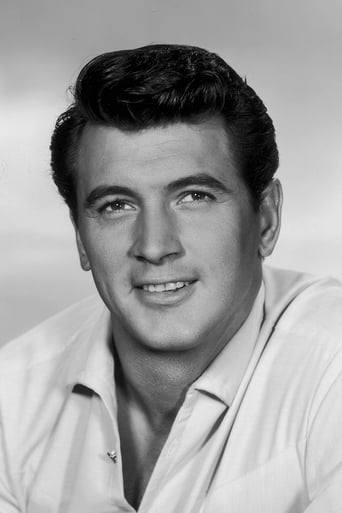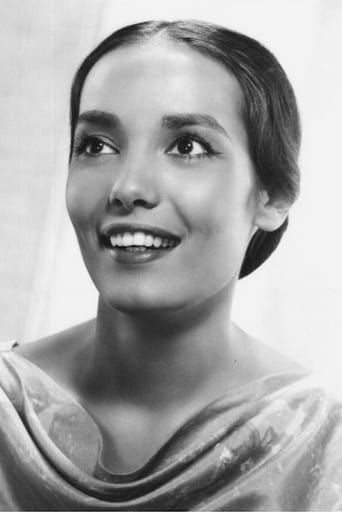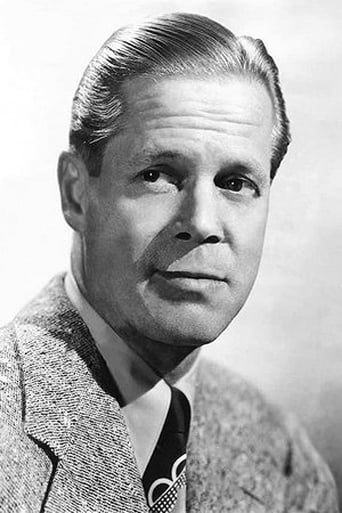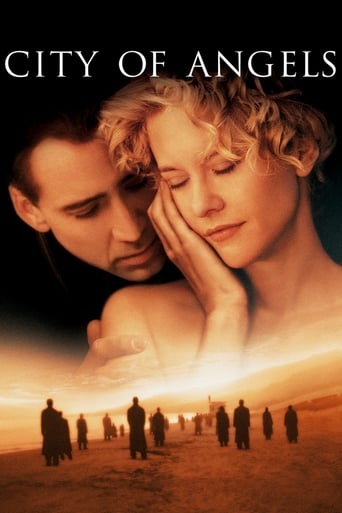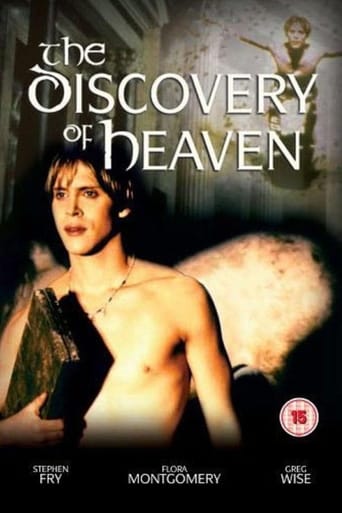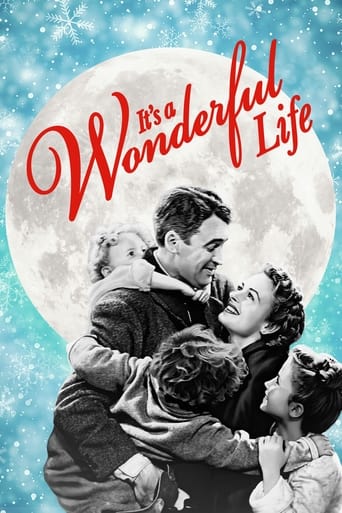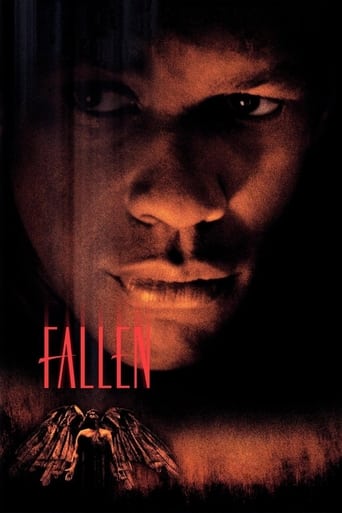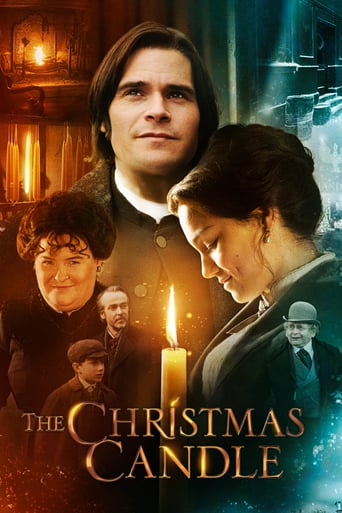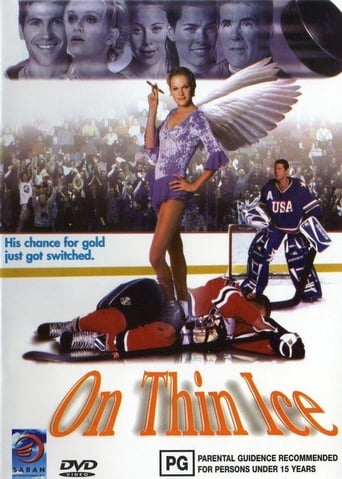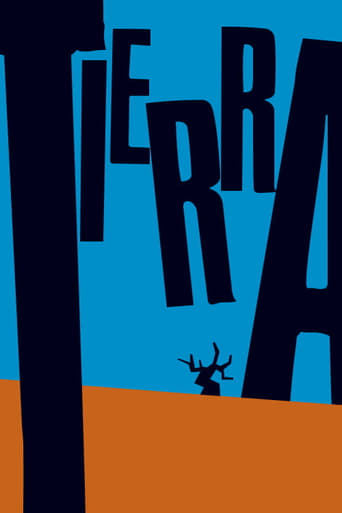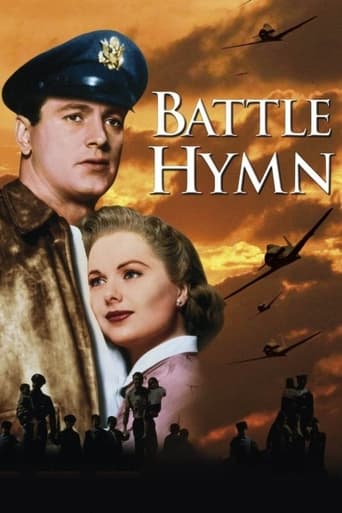
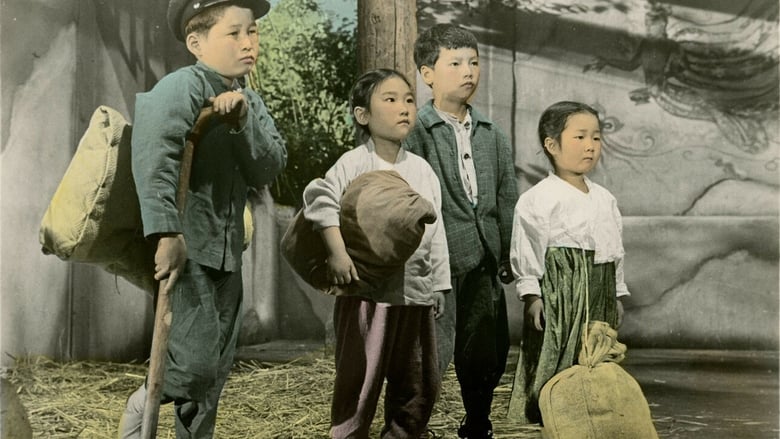
Battle Hymn (1957)
Dean Hess, who entered the ministry to atone for bombing a German orphanage, decides he’s a failure at preaching. Rejoined to train pilots early in the Korean War, he finds Korean orphans raiding the airbase garbage. With a pretty Korean teacher, he sets up an orphanage for them and others.
Watch Trailer
Cast
Similar titles
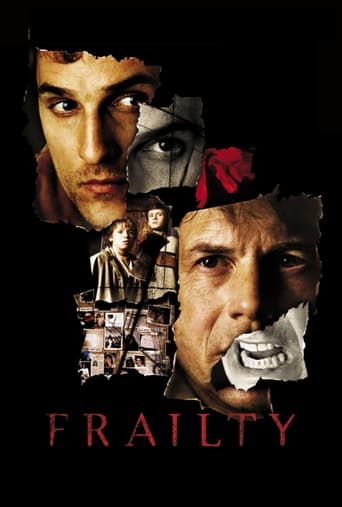
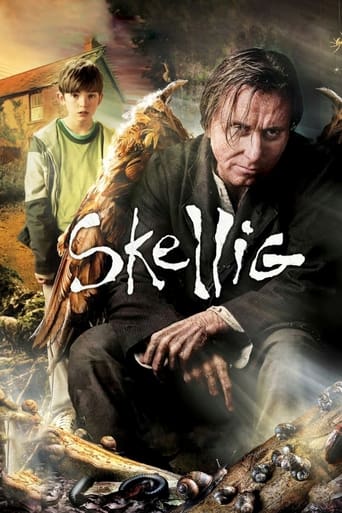
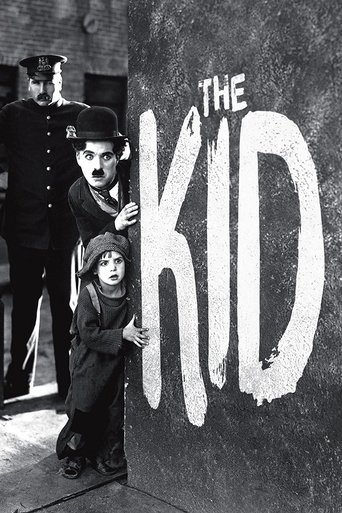
Reviews
Waste of time
Sick Product of a Sick System
The performances transcend the film's tropes, grounding it in characters that feel more complete than this subgenre often produces.
Although I seem to have had higher expectations than I thought, the movie is super entertaining.
When the film begins, you see a flashback of Dean Hess (Rock Hudson) as a pilot during WWII. By mistake, a bomb falls off his P-51 and hits an orphanage. He's haunted by this and this might explain why he became a minister after the war. However, he's still haunted by this mistake and when the Korean War breaks out, he volunteers to serve. His job is setting up an airbase for the South Korean Air Force, although much of his energy ends up being spent helping the many orphans displaced by the war. In some ways, the film reminded me of the story "Lord Jim"--a guy makes a mistake and spends his life trying his best to do good and somehow atone for his past. It makes for an interesting film and Rock Hudson is just fine in the lead. Worth seeing and very well made.
Rock Hudson is a fighter pilot who mistakenly destroys a German church and orphanage during World War II. Haunted by guilt he becomes a minister but finds he's not very inspiring, so he signs up as an Air Force colonel whose duty is to train fighter pilots for the Republic of Korea. Leaving his pregnant wife (Martha Hyer) behind, he takes charge of a small airfield near a Korean village. An old war buddy, another pilot (DeFore) discovers that Hudson has become a "preacher" and angrily ridicules him for it. Hudson befriends one of those archetypal "wise old men" (Philip Ahn) and a pretty Korean/Indian woman (Anna Kashfi). Together they establish an orphanage for hundreds of Korean children and when the settlement is threatened, Hudson arranges for their escape to safety. When he visits them much later, they sing "The Battle Hymn of the Republic" in his honor. (Whew.) Around the turn of the century, the Harvard Psychologist William James distinguished between tender-minded and tough-minded individuals. The tough-minded don't want to fail to face up to the physical world. They always strive for objectivity. Consequently, they are often not only irreligious themselves but tend to be insensitive toward more tender-minded people. They constantly step on other people's toes, give offense, and have the tendency to talk as if all tender-minded people did not have a mind at all. That's Hudson's old buddy, Don Defore., A truck filled with innocent children is strafed by mistake. "That's war," says DeFore. That's also the camp's cook. "These kids are a nuisance." Let's tend to the job at hand and get her done.The tender-minded are the system builders who become depressed if they do not have a definite cosmic world view in which they can place the particulars of their everyday life. They need a sense of the spiritual, of the transcendent. That's Rock Hudson and the others who help build the orphanage, idealists striving for a perfect world order.Usually, in war movies of the traditional (ie., older) sort, the emphasis would be placed on life in the Army or Air Force, on battle, on getting the job done. This appeals to the tough minded. But the producers usually found it advisable to include some romantic interludes -- either a foreign woman encountered in the field or flashbacks to love life at home. And sometimes the movies about the war were the other way around, with the families back home trying to cope with the absence of their loved ones or, just as bad, their temporary presence, praying, hoping, caring, worrying, and very tender minded. (Egs., "Since You Went Away", "Until They Sail," "Mrs. Miniver.") It's not impossible to blend the two sets of attitudes effectively. Herman Woulk did it in "The Caine Mutiny" -- the novel, not the movie.In "Battle Hymn" there are some marvelous scenes of airplanes in flight. The later versions of the P-51s were models of grace and pugnacity. And they're well photographed by Russell Metty. But we don't see much of them because Rock Hudson has brought tender-mindedness to the Korean war. It's all about love, responsibility, charity, and guilt -- and it's not well done either.Those little Korean kids are terrible, especially Chu, the two-year old ward of Hudson, who swallows his gum instead of chewing it. He's so cute he's revolting. I adopted a Korean orphan of that age too, but when it became clear after a week or two that he had no interest in a career in medicine or law, I tried to send him back, only to find the arrangement was permanent. If anyone wants to see him in a movie, dig up "Traxx." He's the Oriental kid who looks startled when the star bursts through a door. (I was a drunken cowboy in the downstairs cat house.) But, all seriousness aside, too much time is given over to those orphans. They sing, they play, they eat garbage, they swallow gum. It wouldn't be bad if there had been something original in the treatment but it's all old hat. The colonel's top sergeant is the scrounger who poses as a sailor to steal candy for the kids. (Cf., "Flying Leathernecks," "Operation Petticoat," et al.) Hudson doesn't do a bad job, considering his relative inexperience compared to some of the other players. He gets to pray over two dying bodies and one dead. And he gets to stare with chagrin at a fourth, an enemy pilot he's just killed. Martha Hyer -- her presence in movies is something I could never understand. She's attractive without being staggeringly beautiful or physically interesting. She has the Donna Reed role but can't act very well. Reed at least could bring that mellow Mid-western voice to the part, nasal and throaty at the same time.Both tendencies -- tender and tough -- have extremes. At one end, we can look for title like "Kill 'Em All And Let God Sort 'Em Out!" At the other end? "Please Don't Take My Baby." This one errs on the side of sentimentality and cheapens the effect by making it all so terribly easy.
This film has some lovely sentiments and messages. It's all the more touching given it's based on a true story. Hess is certainly a man I would have liked to shake hands with.Hess, is a World War 2 veteran with emotional scars left after a bombing accident over Germany. After trying his hand as a preacher and feeling empty, he finds him self back in the US Air Force in the 1950s Korean conflict. A large group of child refugees move him to act, and hopefully, ease the pain of the previous war. Certainly a story worth telling.Sadly the direction and much of the acting are very very cheesy. Hudson is adequate and the children are wonderful (as you'd expect). But many of the other performances are contrived and stilled. With the exception of some real combat camera footage, the battle scenes are thin. Evidently only men bleed when they are shot? If you are making a War film about a serious subject, I believe Hess is such a subject, do it the honour of not wrapping war in a flouncy skirt. Just a mid afternoon filler.
I am sick and tired of the misinformation that is constantly related about Colonel Hess. He was NOT a fighter pilot turned minister, it was the other way around. He was an ordained minister before joining the U S Army Air Force, as it was called in World War Two. Although he could have been a Chaplain, he did not feel that he could bless others for doing something he wasn't willing to do. If he had conflicts on the set of the movie, it was because of the way the Director wanted to portray him, not because he wanted to appear "Holier Than Thou". Anyone who wants the facts should read the book "Battle Hymn". It is out of print, but should be available through Amazon or Alibris. The orphanage bombing incident did take place. It happened because a bomb hung up on his P-47 (NOT a P-51 as shown in the movie) it was not a deliberate act. The incident did haunt him the rest of his life, But he saved many more orphans than were killed. "Operation Kiddy Car" was a real happening. As a final note, the money Hess received for the Screen Rights to his book, were given to the Korean Orphanage to repair its roof
